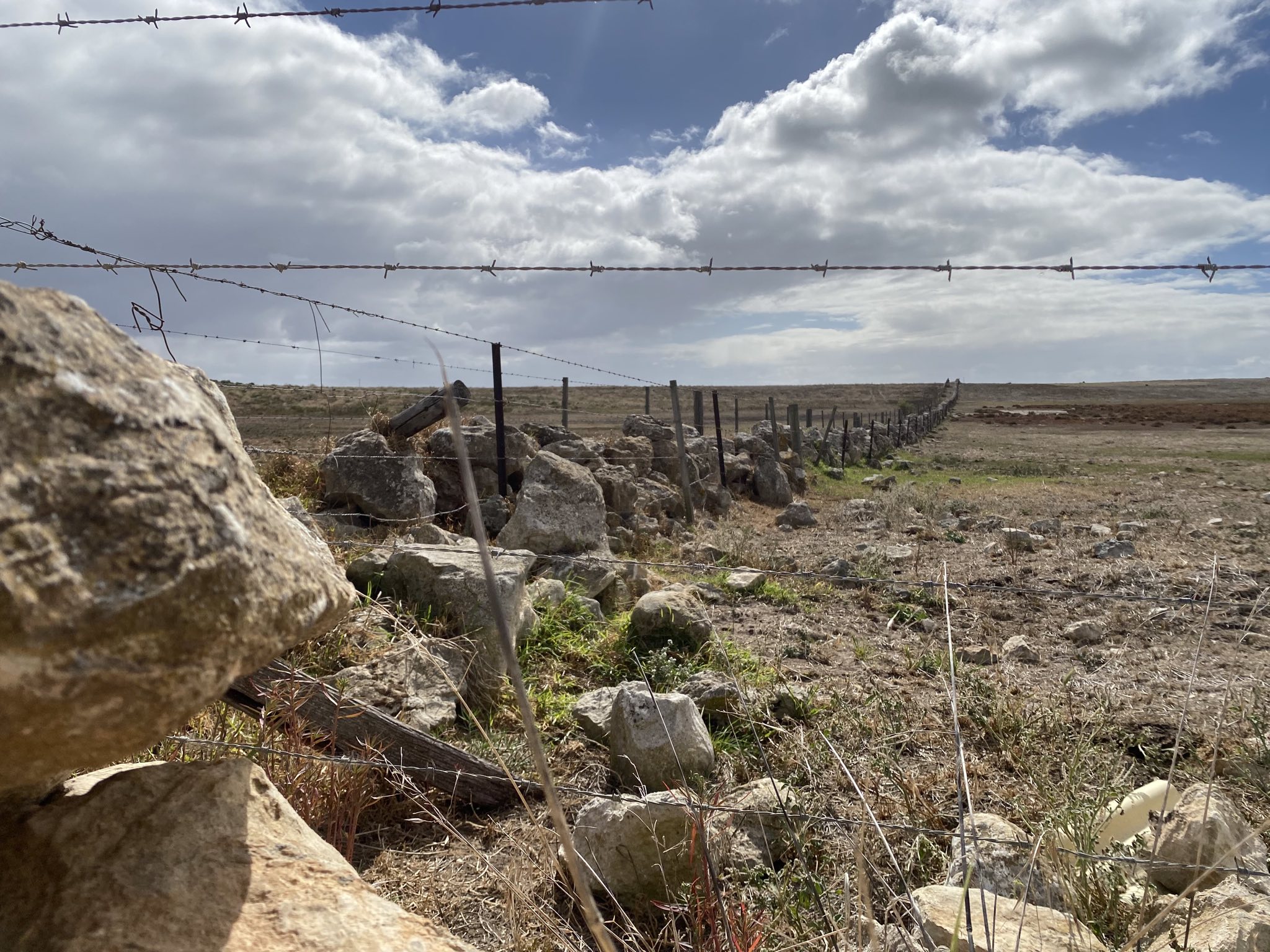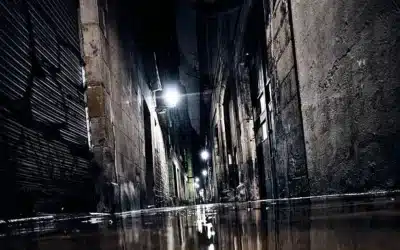Located nearly three hours drive from Adelaide, the property rested in the South-East. The nearest township a good thirty minutes if you pushed your vehicle over dirty unselaed road. It was a job that a mate threw my way, help out some old timers that he knew through the grapevine. Good people, I was told. I arrived early in the morning, a brisk autumn day, with blue skies and puffy white clouds. The country still brown from a late summer with flocks of trees and the occasional blistering of bushes. A tall man with a leathery face greeted me. A rabbit skin hat on his head, with olive green overalls and brown boots that looked old though polished often.
We shook hands, his were calloused while his eyes buried beneath the leather of his skin remained welcoming. Bill was in his nineties. He had worn the uniform of the army as a boy, been a roustabout, briefly a stevedore then a farmer. Above all a father, granddad and his sixty-seventh year as a husband. Dorothy, his wife had insisted that he had someone help him while the fence line is repaired.
“Everything has fallen into a bit of disarray,” he seemed embarrassed to admit as he showed me a worn map of his property boundary. Most specifically the fence that we would repair.
“Best to get it done before the winter rains set in,” he explained as we threw on iron stakes, rolled fencing wire and the tools we would need onto the flat wood tray of his ancient Land Cruiser. Once we arrived I did the heavy lifting, placing white stone back onto the vintage wall that men had built most likely during the great depression, or even earlier. Piles of the stone lay strewn about, Bill had stacked them up a few years ago with the ambition of fixing them back where they needed to go.
“Dorothy doesn’t want me lifting much any more, I’ve fused discs in my back.”
I made sure that he advised while I lifted. I could sense that it ate at his pride to watch another man work while he stood idle. So he readied the wire and cut what he could. We rolled out the line. Then where it was needed drove stakes in with our star droppers, replacing the decayed ghost of what barely remained along his boundary line.
As we worked, Bill told me stories of his life. About his kids, they were now all over the world with families of their own. Then as is often the case between men at work, women, war, sports and sometimes politics pop up into the mix of conversation points.
“A Mohammedan and Chinamen has as much right to fight back and to protect their homes as you or I. We have no right sticking our noses into their business, no bloody right being over there.”
I lifted up some heavy stones, Bill could not stand by to watch. He came to carry some of his own.
“People should mind their own business. Live and let live.”
He offered me a piece of yesterday’s pastie that Dorothy had baked. It reminded me of those my grandma would make. As tempted as I was, I declined. I swigged my water as he sat on the back of his Land Cruiser. I went on some distance continuing to work. Bill looked into the horizon, across the property he owned and into the distance beyond.
When I returned he had been attaching the wire to the stakes, twisting the wire and securing it in place. His fingers still strong as he did so. Where the old wood remained, we hammered in the U-shaped nails to make sure that they had another decade or so of service.
“We all have the right to be free,” Bill stated firmly among the stream of words we both spoke.
We talked about censorship. Bill had little time for certain music or racy videos, he believed in God but his paddock was the church. He figured what people wanted to watch was their business, not for him. He went onto explain that Dorothy enjoyed programs that drove him ‘mad with boredom’. So he didn’t watch them.
The internet may as well have been a fax machine with HTTP and WWW at the front of it. Dorothy did all of that sort of thing. He listened to cassette tapes in his truck and watched movies on film. Still bought magazines and read the paper each day. Even then he said he was sceptical of what was written in them.
“Cowards want wars so that men must fight them. No one wins in the end.”
Bill told me that when he was younger he “believed in the wisdom of men but now thought them all fools. No one knows how best to rule, they should leave everyone alone. The good will prevail that way, only the bad want to rule others. It all gives control to the weak willed.”
Free markets, freedom of speech, make peace no war.
“Dorothy agrees but she isn’t a loud mouth about it like me.”
No internet, no memes or grandiose social media displays. Just a man on his land, working, toiling, living free as he can be. If he were a tenured academic and typed up a treatise then maybe Bill would be as revered as a Hayek, Mises or Hazlet. Instead he is a man, calloused hands, scars and years of labour on his frame, he lives it, walks it, is it. Like thousands more who are dying or lost beneath the miasma of the controlling fiends that barely know their own minds but believe they can rule societies of others.
“You a wrestler?” he asked.
I told him what sports I had played. He had boxed, a middleweight, ten and one as an amateur. As we finished the lifting and placing stones in their place. We discussed violence, even the recent stabbings.
“I’d have throttled them to death,” his eyes glazed over with a look that men understand. Conviction.
I agreed.
“Too many cowards now mate, not enough men,” the ghost of Bill’s left hook lingered as he spoke.
“If I saw someone go after my daughters or a woman like that, I’d have ended him. Buried him six feet under. I’d die before I stood by and watched,” his chest stiffened and fists clenched.
I agreed.
We finished up the work. Went our ways. An honest days work in a beautiful spot. It was an honour to work on Bill’s land and to shake his hand. Above all, I’d met a man.
April, 2024
































